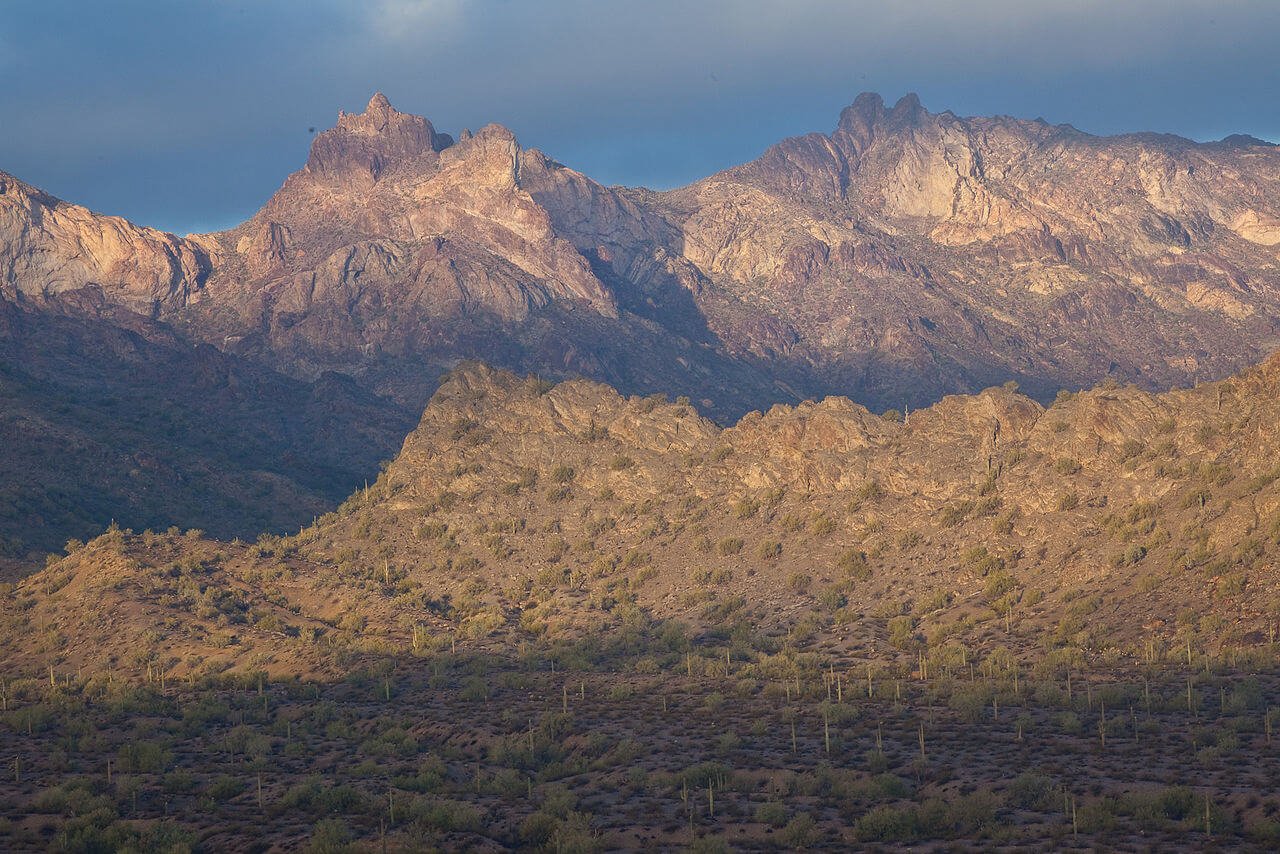Bureau of Land Management
Public Lands Showdown: Tensions Rise Despite Failed Sell-Off Proposal

Hunters, hikers, and outdoor enthusiasts rallied this month against a Republican initiative to sell millions of acres of federal public land. Their collective voice was strong enough to compel the proposal’s sponsor to reconsider. Ultimately, he withdrew it before a scheduled U.S. Senate vote on tax and spending measures.
Despite this setback, experts warn that federal lands remain under threat from the current administration. Proposals to dismantle protections, like the “Roadless Rule,” which safeguards 58 million acres from logging and other activities, are now on the table. Trump’s administration has interpreted legal authority to potentially eliminate national monuments, while environmental regulations are being weakened to encourage logging and fossil fuel extraction. Moreover, cuts to the federal workforce have severely affected agencies responsible for land management.
John Leshy, a former solicitor for the U.S. Department of the Interior, emphasized that the struggle isn’t over because the fundamental issue of land privatization persists. “Selling or leasing these lands is akin to giving them away,” he stated.
Secretary of the Interior Doug Burgum maintains that public lands represent America’s “balance sheet.” He argues for their economic utilization, suggesting they could serve housing needs and support expanded mining and drilling projects to bolster economic returns.
Advocates for public lands anticipate continuing confrontations throughout Trump’s term. They predict last-minute amendments targeting public lands may reappear in various legislative packages. Additionally, management agencies might seek to diminish protections, often with limited notice to opposition groups.
State influence is pivotal in these discussions. Many leaders in Western states recognize the importance of federal lands for public welfare, wildlife, and tourism. Conversely, some conservatives argue that federal management restricts development possibilities within their states. Efforts in Idaho, Utah, and Wyoming to push federal land transfer lawsuits exemplify this sentiment, indicating lawmakers may increase pressure for land ownership changes under Trump’s administration.
The controversy intensified when U.S. Senator Mike Lee, a Republican from Utah, proposed legislation that could obligate the U.S. Forest Service and the Bureau of Land Management to sell up to 3.3 million acres. His measure also aimed to make over 250 million acres eligible for liquidation.
Devin O’Dea from Backcountry Hunters & Anglers remarked, “We’ve never seen a threat on this magnitude.” The backlash was swift, with an organized social media campaign focusing on beloved outdoor spaces at risk of commercialization. Recent days saw opposition from several Republican senators, complicating Lee’s legislative prospects.
After a Senate ruling indicated his proposal would require a 60-vote majority, Lee released a scaled-back version exempting national forest lands but still directing significant sales through the Bureau of Land Management. Despite amendments, many advocates contend these measures lack sufficient land-use guarantees.
In withdrawing his proposal, Lee cited Senate rules prohibiting him from ensuring that land wouldn’t fall into foreign ownership. Nevertheless, he expressed his intent to continue advocating for federal land ownership changes.
Many observers argue that while some state officials support transitioning federal lands, the ultimate winners would likely be private developers. Leshy cautioned that states may struggle to manage these lands effectively due to budget considerations, potentially leading to further privatization.
While the debate around Lee’s proposal has drawn the most attention, challenges to public lands persist across multiple fronts, including efforts to roll back protected statuses and adjust environmental regulations. O’Dea described the administration’s strategy as chaotic, commenting, “The approach is to throw as much as you can at the wall and see what sticks.”
In contrast, some conservatives argue that Trump’s policies are liberating federal lands for economic growth. Alaska Senator Dan Sullivan pointed out how federal ownership can stifle development in resource-rich areas.
“If you create enough dysfunction, people may conclude that the federal government isn’t fit for land management,” Leshy concluded.

















